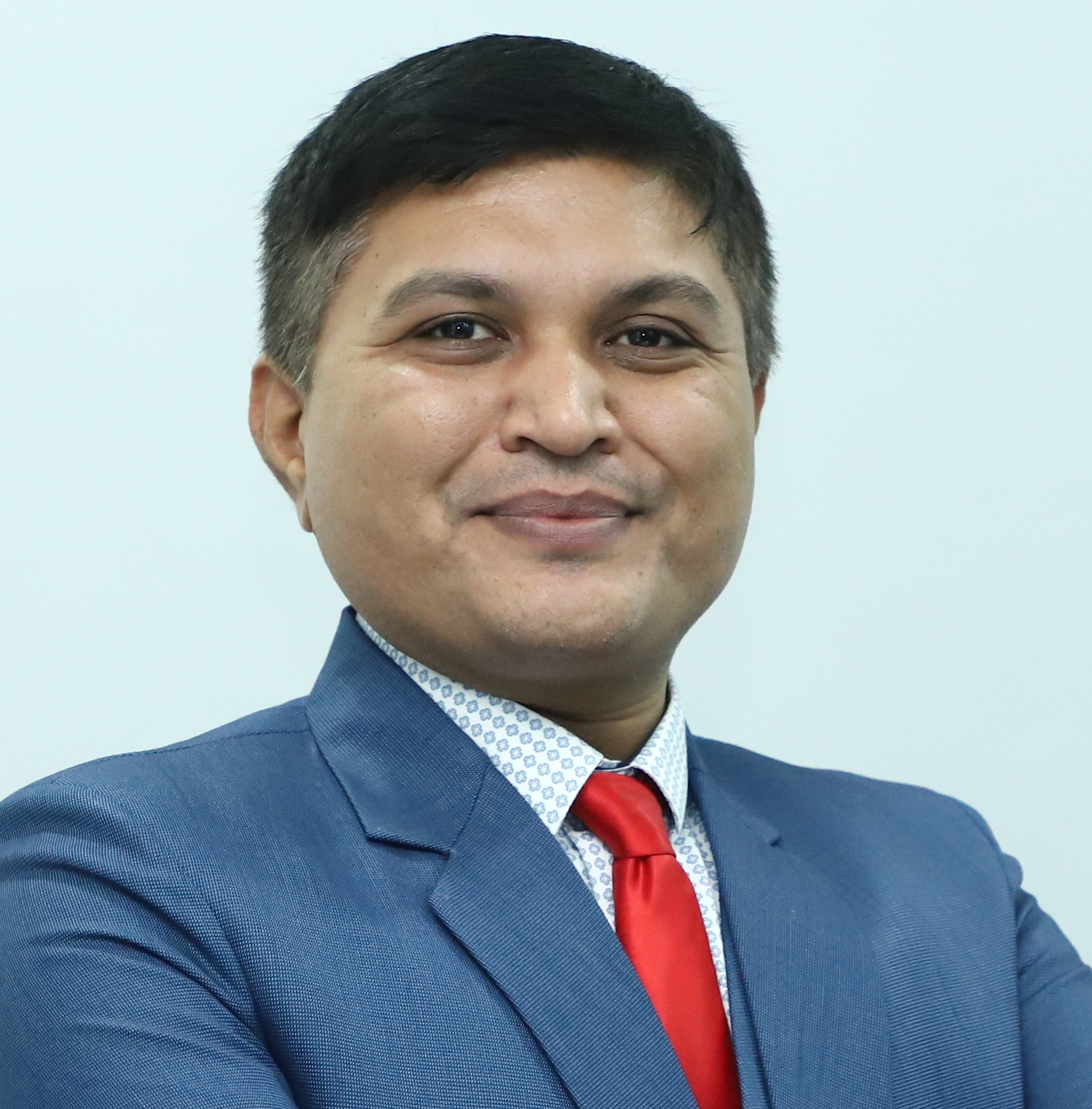
I believed in Three pillars for development of students.
- Empowering the students
- Developing transformative leaders
- Leveraging the technology
One of the main reason why I decided to pursue a career in academia was so that I would have the opportunity to work with future generation of our country.  My philosophy of teaching is based on belief that learning needs to be students centred and that students need to be equal partners in the learning process. One of my ultimate objectives in teaching is to facilitate learning by helping students to gain the necessary skills to take control of and become active participants in their own learning. I truly believe that knowledge gained through active participation is knowledge that will stay with an individual. Now that the majority of my teaching is in an online forum, I let students know that my role in the online classroom is to be a facilitator, not a provider of information. I create multiple discussion questions to keep the online discussion exciting and stimulating and to address the multiple backgrounds and interests of my active learners
- Ensuring that engineering students are well-equipped for a dynamic, successful career and preparing them to become capable engineering professionals in a world full of changes, is a major challenge facing the country. To help overcome these challenges i have to be empowered with new methods of teaching mentioned below for Creating a motivated, empowered student.
- High Impact Teaching Skills using micro-teaching methodology
- Interpersonal communication and listening skills
- Using Analogies to simplify complex content
- Handling difficult classroom situations
- Learner Diversity
- Mapping teaching methodologies to learner styles
- Moving towards reflective practitioner
- Innovative Pedagogies
- Leadership is of critical importance in the education space. The quality of leaders directly impacts the quality of learning. Academic leaders such as faculties have a major role to play in influencing students’ learning outcomes because they are responsible for creating the right environment that facilitates this process. This demands that leaders master the concepts and practice of leadership and have a global perspective.
- A survey conducted among academic institutes and industry confirmed that there is a significant gap between the laboratory practices and project practices compared to the expectations from the industry.
Methodology: In teaching, my overarching goal is to develop a student-centered environment. I want students to actively participate, rather than passively learn. When planning a course file, I identify a set of objectives and skills. Next, I compile a rationale for each objective and skill. I design a course plan that emphasizes the application of critical thinking skills to foster deep learning, and the use of collaborative learning skills to facilitate “real-world†problem solving. I also embed activities in the instructional process that are designed to help students develop research and writing skills—readily transferable across disciplines—as they engage in learning of content material.
Evaluation of students:
Throughout the teaching and learning process, I incorporate multiple choices and pathways through the learning materials. I encourage students to engage in open-ended formative and summative evaluation of the I also ask students to self-evaluate individual progress. Finally, my course design includes a data-driven evaluation component, which focuses on systematic outcomes and results that are clearly tied to course goals and objectives.
Evaluation to measure student learning, I provide multiple assessments. Over my 12 years of teaching experience, these assessments have included:
- Collaborative projects
- Portfolios
- Presentations (Speaking, Multimedia)
- Quizzes
- Review activities
- Traditional exams
- Writing Activities
